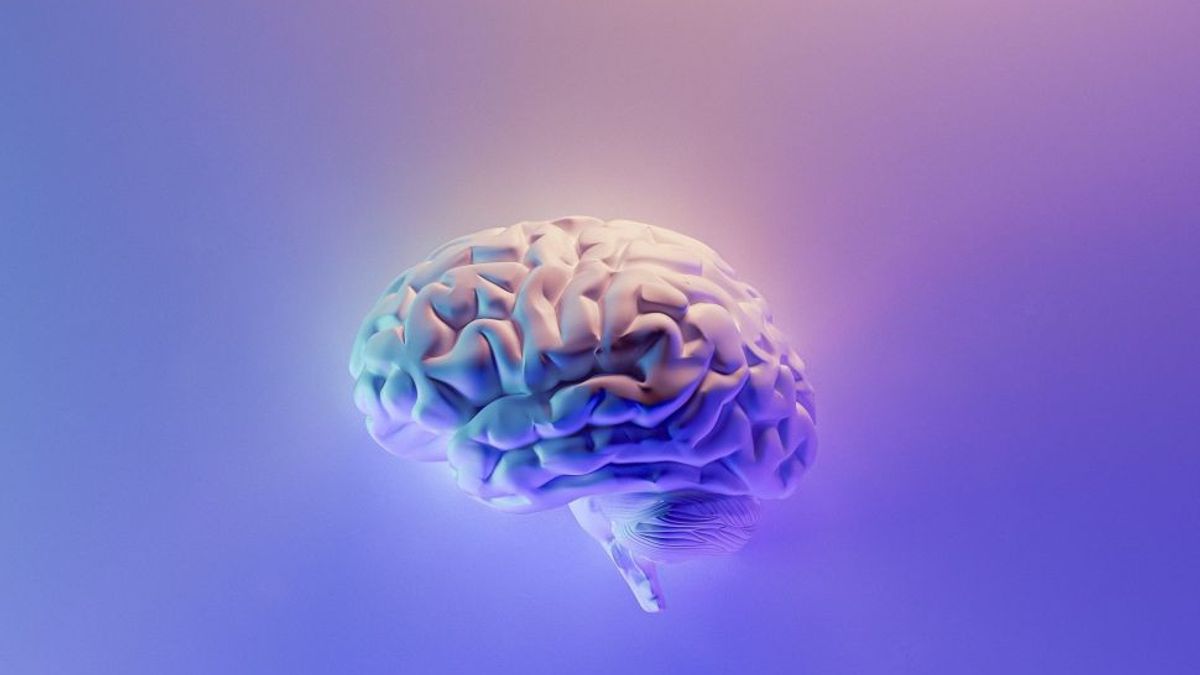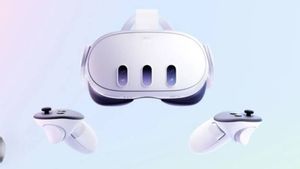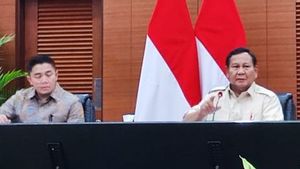JAKARTA - In April, Elon Musk's neurotech startup Neuralink proudly demonstrated an ape monkey experiment with two "Link" devices implanted in his brain to play video games—with just his mind. The next step, Musk said, would be to test the device on humans. While that timeline is still in the air, now some of Neuralink's quiet competitors have made rapid progress.
Synchron, a New York startup that makes a brain-computer interface, or BCI, similar to Neuralink, said Wednesday it has received FDA clearance to test its brain device on human patients in what is known as an initial feasibility study.
The Synchron implant device, called a Stentrode, is smaller than a matchstick. Unlike Neuralink's "Link" device which requires drilling a two-millimeter hole in the patient's skull to install, the Stentrode is small enough to be implanted through a vein at the base of the neck. The device will then maneuver towards a blood vessel in the brain.
The stentrode works by communicating via a small wire with a second implant in the chest. The transmitter then sends a signal to an external computer near the patient.
"We have worked together to pave the way forward, towards the first commercial approval for a permanently implanted BCI for the treatment of paralysis," Synchron CEO Thomas Oxley said in a statement Wednesday, July 28.
The company now plans to enroll six patients in a US trial by the end of this year. FDA-approved products can be marketed within three to five years.
Last year, Synchron conducted a four-patient trial in Australia. "Studies in the US will take a closer look at security issues, including physical risks and cybersecurity," Oxley said.
The brain-computer interface is the newest frontier of artificial intelligence and biology. While this technology is still in its very early stages, more and more companies are looking to use it commercially, creating challenges for the FDA.
In April, the FDA approved the first device to fall into the BCI category, a wearable robot called the IpsiHand developed by the University of Washington startup Neurolutions. This wearable device is designed to help people disabled by stroke regain control over the function of their arms and hands using their minds.
The English, Chinese, Japanese, Arabic, and French versions are automatically generated by the AI. So there may still be inaccuracies in translating, please always see Indonesian as our main language. (system supported by DigitalSiber.id)













